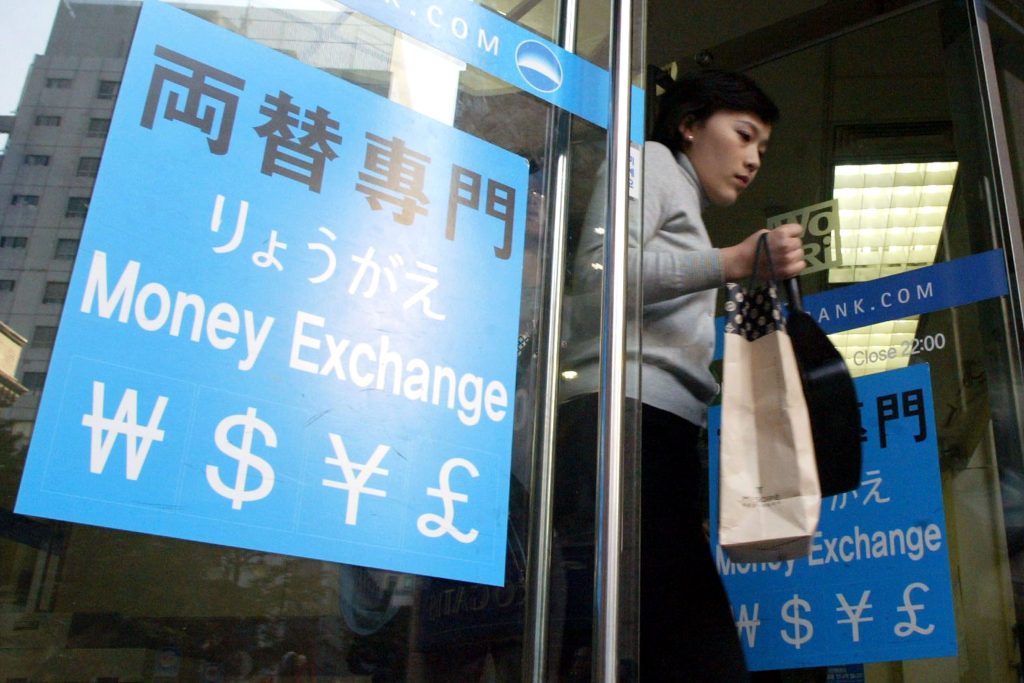The grouping together of the organizations to form the Forum for Digital Currencies (FDC) comes at a prescient time for the digital currency space.
The UK Treasury spoke in April of becoming a “crypto hub”. Then-Chancellor-of-the-Exchequer Rishi Sunak said that “effective regulation” would encourage “the businesses of tomorrow to invest,
Register for free to keep reading
To continue reading this article and unlock full access to GRIP, register now. You’ll enjoy free access to all content until our subscription service launches in early 2026.
- Unlimited access to industry insights
- Stay on top of key rules and regulatory changes with our Rules Navigator
- Ad-free experience with no distractions
- Regular podcasts from trusted external experts
- Fresh compliance and regulatory content every day

















